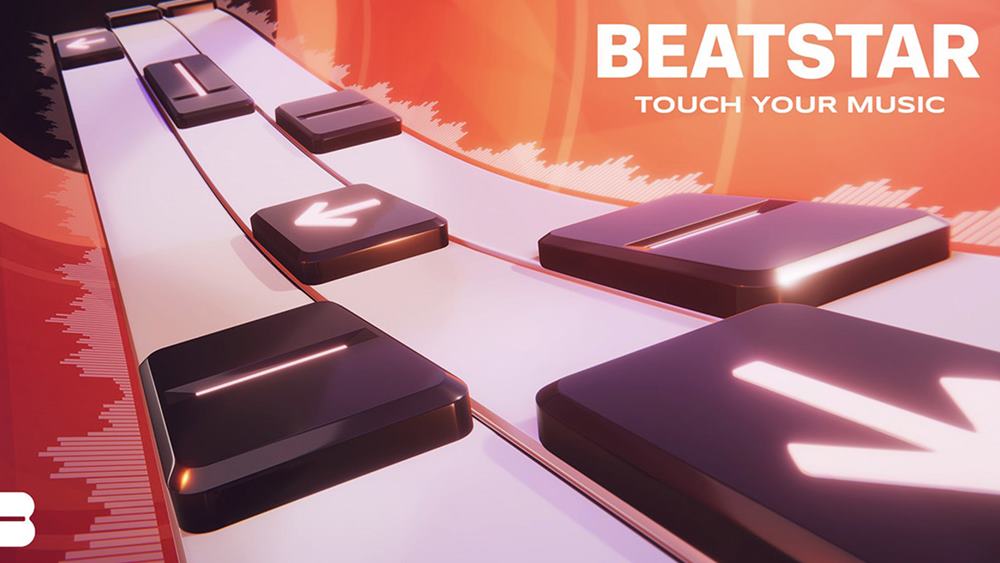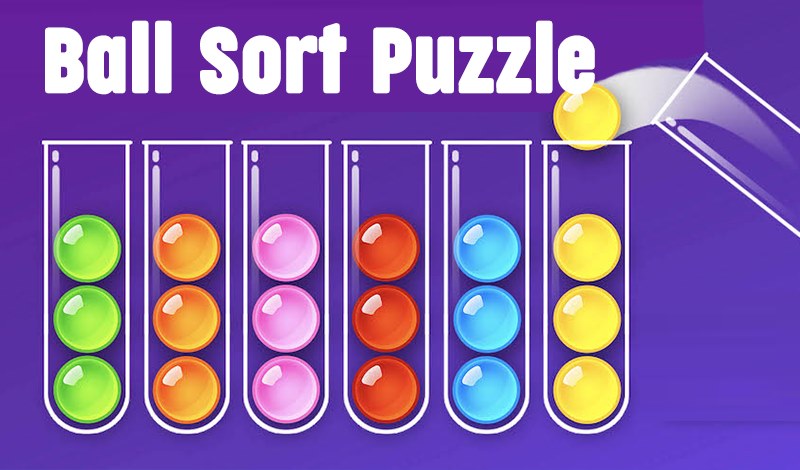Fortnite Returns to iOS: The Epic Saga Continues as Battle Royale Reigns Supreme!
The dust has finally settled—at least for now. One of the world’s most iconic games, Fortnite, is officially back on iOS devices in the United States. After a nearly five-year absence, iPhone and iPad users can once again download the game directly from the App Store, marking a pivotal victory in Epic Games’ ongoing battle for a more open and equitable mobile ecosystem.
This isn’t just a return—it’s a triumphant comeback that underscores larger themes of platform control, developer rights, and digital freedom in the modern age.
The Clash that Shook the App Store: How It All Began
Fortnite’s removal in August 2020 made headlines far beyond the gaming world. Epic Games implemented its own direct payment method in the app, bypassing Apple’s mandatory 30% cut on in-app purchases. This led Apple to ban the game from the App Store, igniting a high-stakes legal war that questioned the very structure of app marketplaces.
Millions of fans were caught in the crossfire. With Fortnite no longer available on iOS, users resorted to cloud gaming workarounds or abandoned mobile play altogether. Meanwhile, the legal battle became a landmark antitrust case with implications well beyond the game itself.
Highlights:
- Fortnite officially returns to iOS in the U.S. after nearly five years.
- Epic Games’ legal pushback against Apple sets major precedent.
- The Digital Markets Act and global pressure reshape app store policies.
- Players rejoice, but the deeper fight for developer freedom continues.
- Signals a possible shift in the future of mobile app distribution.
The Road to Redemption: Legal Wins and Global Shifts
Fast forward to 2024, and the tides have turned. Epic Games’ road back to the App Store was paved by a series of legal and regulatory wins. In a recent ruling, a federal judge found Apple in civil contempt of a previous court order that mandated developers be allowed to link to alternative payment systems. This ruling, combined with increasing global scrutiny of app store policies, pushed Apple to make necessary adjustments.
- Digital Markets Act (DMA): In the European Union, the DMA has already forced platforms like Apple to open up. Fortnite had already returned to iOS in the EU under these new regulations before making its way back to U.S. devices.
- Pressure Mounts Globally: As governments, regulators, and industry leaders demand transparency and fairness, Apple is being forced to relax its tight grip—especially in markets where legal and consumer advocacy is strong.
Epic Games CEO Tim Sweeney has remained a vocal advocate for open ecosystems and fair developer rights, frequently updating fans and rallying the #FreeFortnite movement on platforms like X (formerly Twitter).
What This Means for Players—and the Industry at Large
For U.S. Fortnite players, the implications are immediate: they can now download and enjoy Fortnite straight from the App Store—no more third-party workarounds, no more frustration.
But the larger story is still unfolding. This return:
- Sets a legal and cultural precedent for other developers fighting restrictive policies.
- Paves the way for more open digital marketplaces in the future.
- Reinforces the growing influence of global regulations like the DMA in reshaping tech ecosystems.
Epic has repeatedly raised alarms about what it sees as the "weaponization" of the app review process by dominant platform holders. These concerns remain relevant, even with Fortnite’s reinstatement.
The Battle Continues: Beyond Fortnite
The return of Fortnite to iOS isn't just a win for Epic or its fans—it's a symbolic shift in the balance of power in the tech and gaming industries.
- Developers are now more empowered to push back against restrictive terms.
- Consumers may soon have more choices in how and where they access content.
- Mobile gaming could experience a major transformation, with new monetization models and platform dynamics.
And while Fortnite’s comeback is cause for celebration, it’s also a reminder: the battle for digital freedom is still underway. What happens next could define the mobile ecosystem for years to come.





















